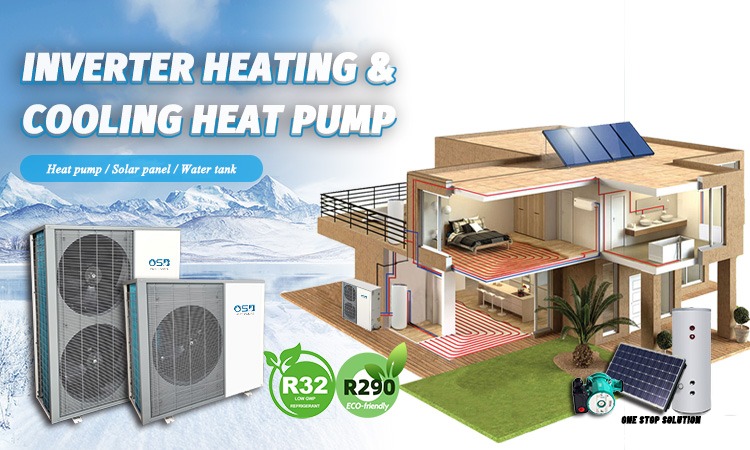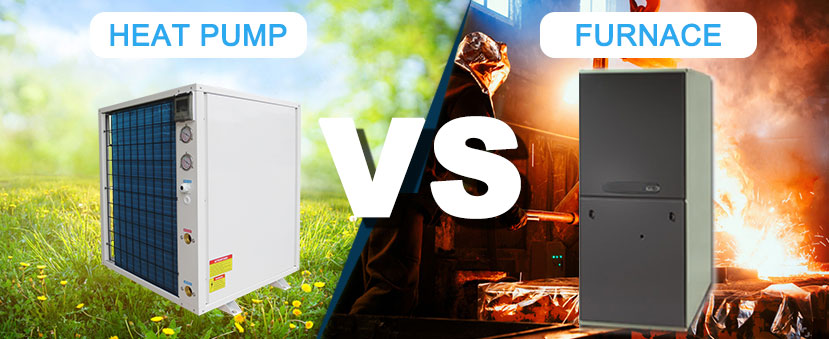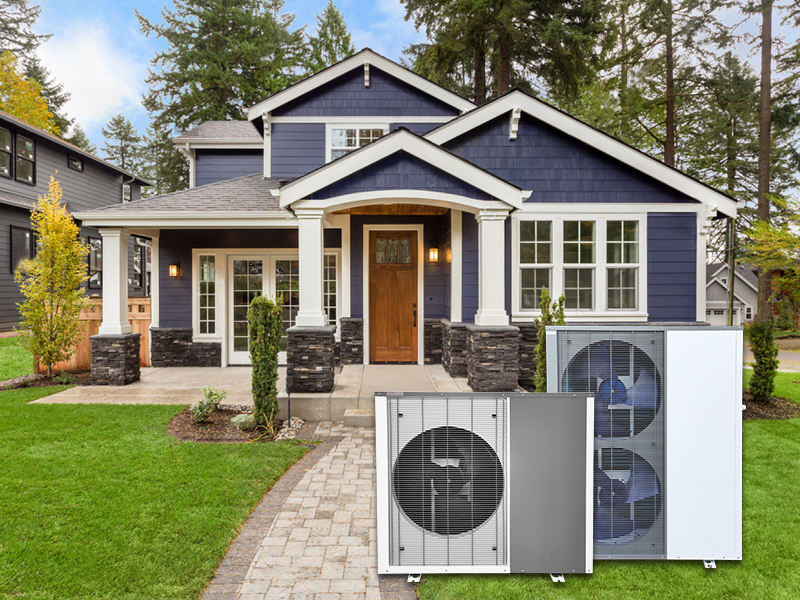Heat Pump Water Heater vs Tankless: Which is Right for You?
Choosing the right water heater for your home can be a daunting task, given the variety of options available. Two of the most popular and efficient choices are heat pump water heaters and tankless water heaters. This article aims to provide a comprehensive comparison of these two types to help you make an informed decision.
Heat Pump Water Heaters
How They Work
Heat pump water heaters, also known as hybrid water heaters, operate by transferring heat from the surrounding air to the water. This process is similar to how a refrigerator or air conditioner functions but in reverse. Instead of generating heat directly, these systems use electricity to move heat from one place to another, making them highly energy-efficient.

Advantages
Energy Efficiency: Heat pump water heaters can be two to three times more energy-efficient than conventional electric water heaters. They use less electricity because they move heat rather than generate it.
Environmental Benefits: Due to their high efficiency, heat pump water heaters reduce greenhouse gas emissions, making them an eco-friendly option.
Large Capacity: These units typically come with a built-in storage tank, providing a large volume of hot water, which is ideal for families with high hot water demands.
Disadvantages
Higher Initial Cost: The upfront cost of purchasing and installing a heat pump water heater can be significantly higher than that of a traditional water heater. However, the energy savings over time can offset this initial investment.
Space Requirements: Heat pump water heaters need a fair amount of space for installation because they draw heat from the surrounding air. They are best suited for locations like basements or garages.
Performance in Cold Climates: Their efficiency can drop in colder climates since they rely on ambient air temperature. In such conditions, the unit might need to rely more on its backup electric resistance heating element, which can reduce overall efficiency.
Tankless Water Heaters
How They Work
Tankless water heaters, also known as on-demand water heaters, heat water directly as it flows through the unit. There is no storage tank, so when a hot water tap is turned on, cold water travels through a pipe into the unit where either a gas burner or an electric element heats the water instantly.
Advantages
Endless Hot Water: Since tankless water heaters heat water on demand, they provide a continuous supply of hot water. This is particularly beneficial for households with high hot water usage.
Space-Saving: Tankless units are compact and can be mounted on walls, saving valuable floor space.
Energy Savings: While tankless water heaters have a higher upfront cost, they can be more energy-efficient than traditional tank water heaters because they eliminate the standby heat loss associated with keeping a tank of water hot.
Disadvantages
Inconsistent Temperature: If multiple hot water outlets are used simultaneously, a tankless water heater may struggle to provide a consistent temperature, especially in larger households.
Higher Initial Investment: Similar to heat pump water heaters, tankless units have a higher initial purchase and installation cost. Additionally, if you are switching from a traditional tank system, you may need to upgrade your home’s gas line or electrical system, adding to the cost.
Maintenance Requirements: Tankless water heaters require regular maintenance, particularly in areas with hard water, to prevent mineral buildup that can affect performance.
Which One Should You Choose?
The decision between a heat pump water heater and a tankless water heater depends on several factors:
Consider Your Climate
If you live in a warmer climate, a heat pump water heater might be the better choice due to its higher efficiency in such conditions. Conversely, in colder climates, the efficiency of a heat pump water heater can diminish, making a tankless water heater more appealing.

Household Hot Water Demand
For households with high hot water demand, a tankless water heater provides an endless supply of hot water, ensuring you never run out. However, for larger families or homes with simultaneous hot water usage, a heat pump water heater with a storage tank might be more reliable.
Space and Installation
If you have limited space, a tankless water heater's compact size is advantageous. On the other hand, if space is not an issue and you have a suitable installation area, a heat pump water heater can be a more energy-efficient option in the long run.
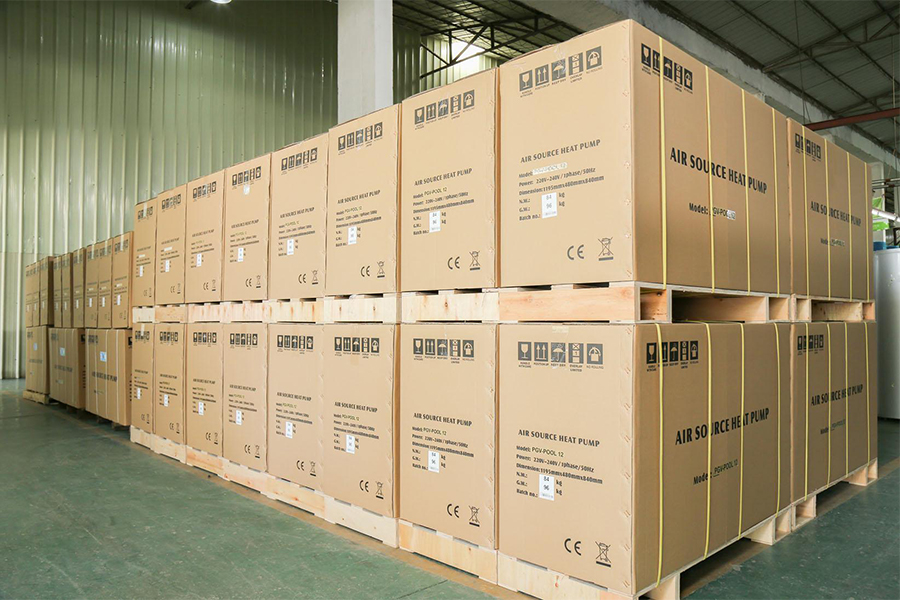
Budget Considerations
While both options require a higher initial investment compared to traditional water heaters, they offer long-term energy savings. It's essential to weigh the upfront costs against potential energy savings and choose the one that best fits your budget and long-term financial goals.
Conclusion
Both heat pump water heaters and tankless water heaters have their unique benefits and drawbacks. By considering your climate, hot water demand, space availability, and budget, you can determine which type is the best fit for your home. Investing in an energy-efficient water heater not only saves you money over time but also contributes to a more sustainable environment.
For more information:/https://www.osbheatpump.com/r32-r410a-high-cop-10kw-fish-cultivation-110v-electric-pool-spa-heat-pump-portable-water-water-heate/

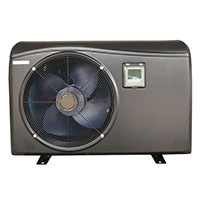 Swimming Pool Heat Pump
Swimming Pool Heat Pump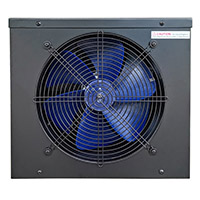 Ice Bath & Cold Plunge Chiller
Ice Bath & Cold Plunge Chiller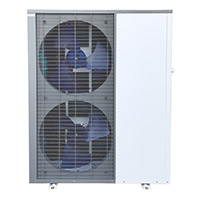 Heating & Cooling Heat Pump
Heating & Cooling Heat Pump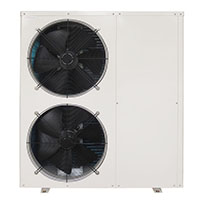 Domestic Hot Water Heat Pump
Domestic Hot Water Heat Pump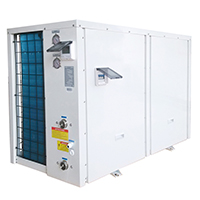 80℃ High Temperature Heat Pump
80℃ High Temperature Heat Pump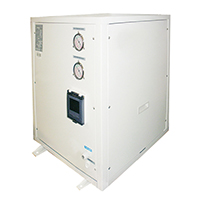 Geothermal / Water to Water Heat Pump
Geothermal / Water to Water Heat Pump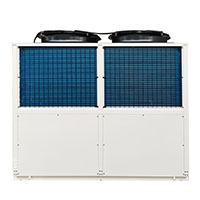 Commercial Industrial Heat Pump
Commercial Industrial Heat Pump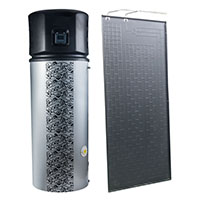 Solar Heat Pump
Solar Heat Pump Company Profile
Company Profile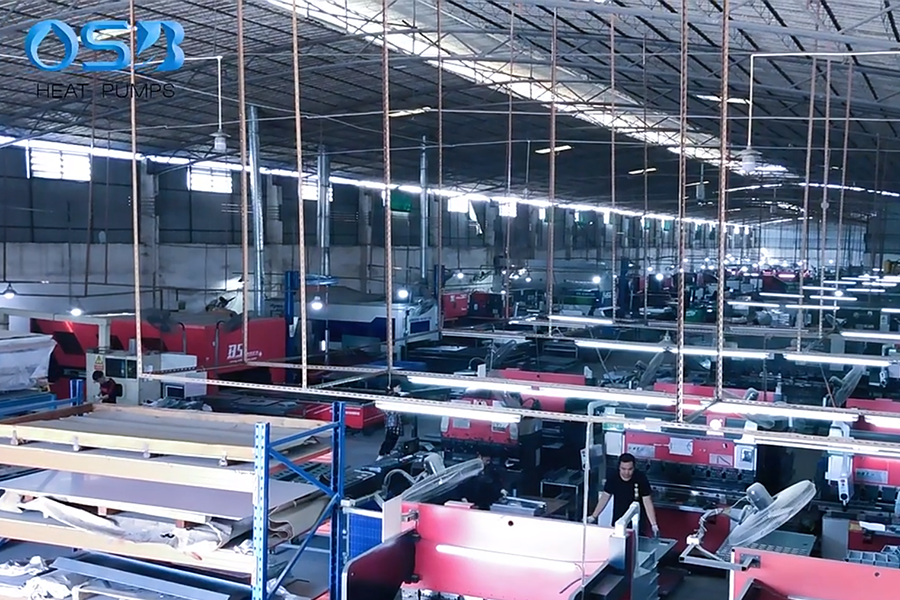 Supplier Management System
Supplier Management System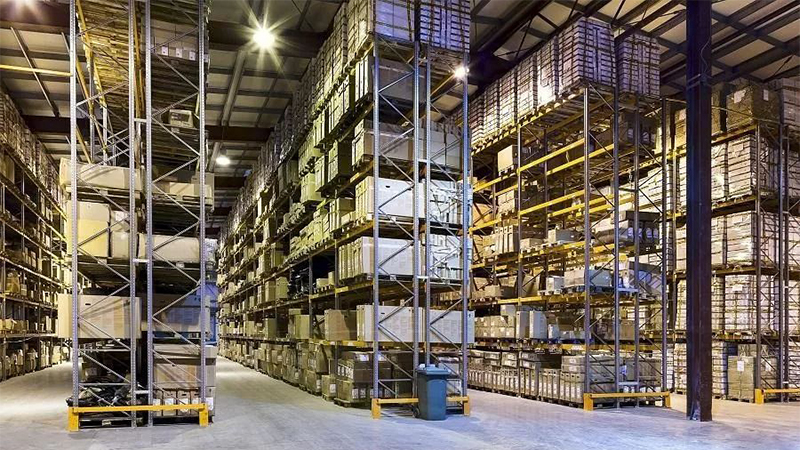 Material Management
Material Management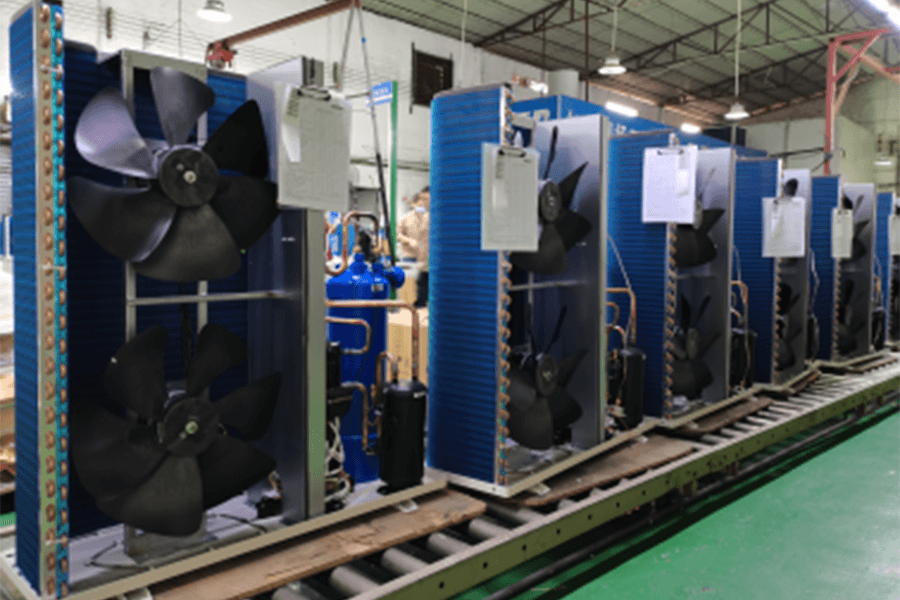 Production Process Management
Production Process Management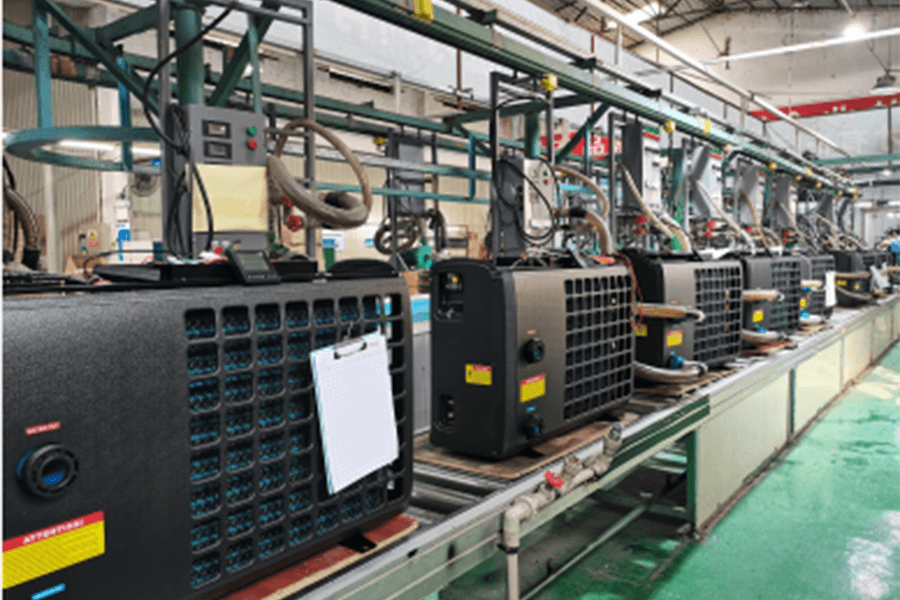 Product Inspection
Product Inspection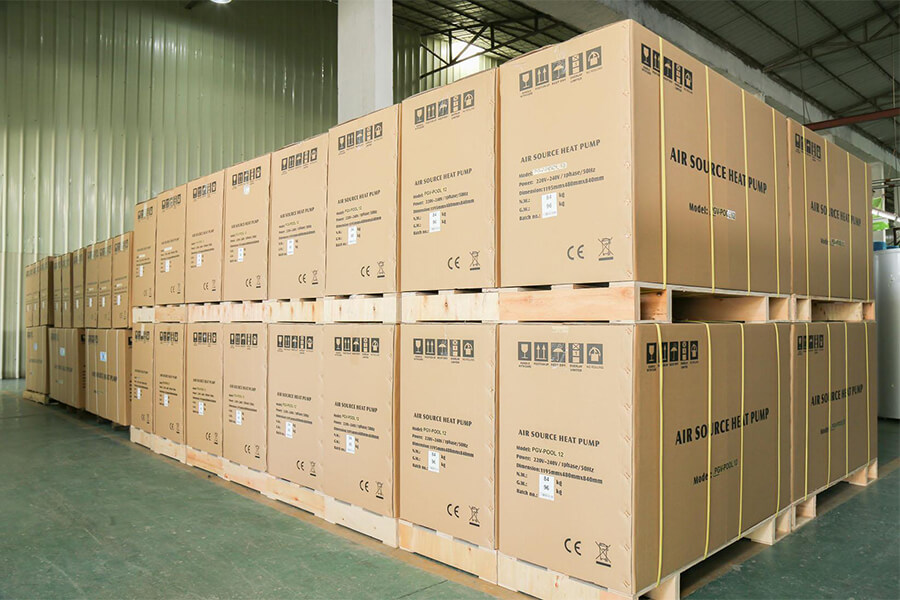 Packing & Shipping
Packing & Shipping After Sales Guarantee
After Sales Guarantee Certifications
Certifications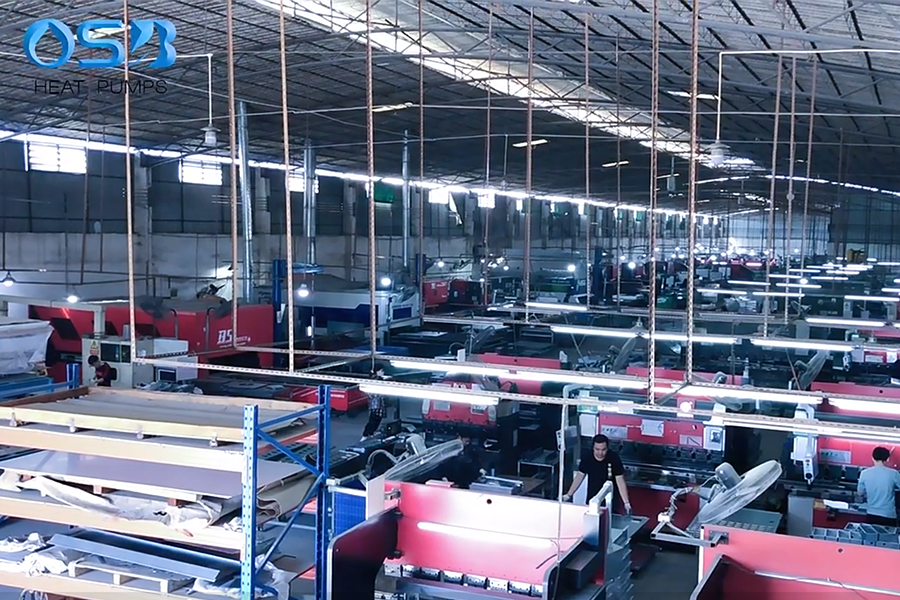 Stable Supply Chain
Stable Supply Chain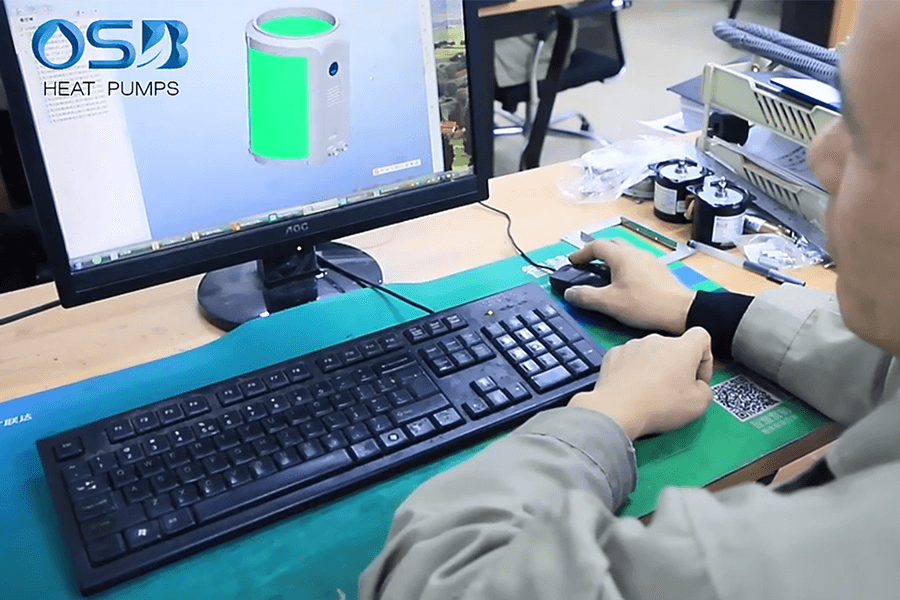 Design Capability
Design Capability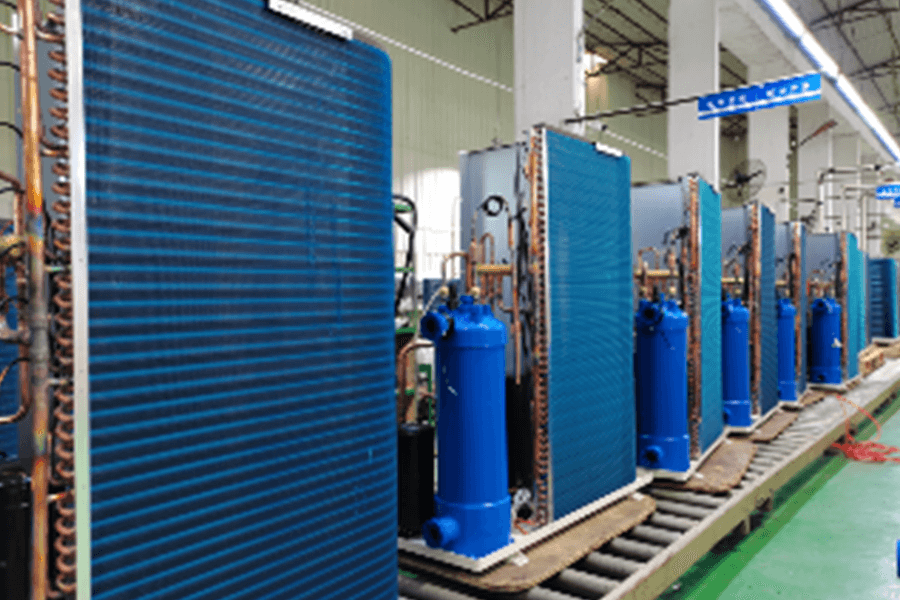 Production Efficiency
Production Efficiency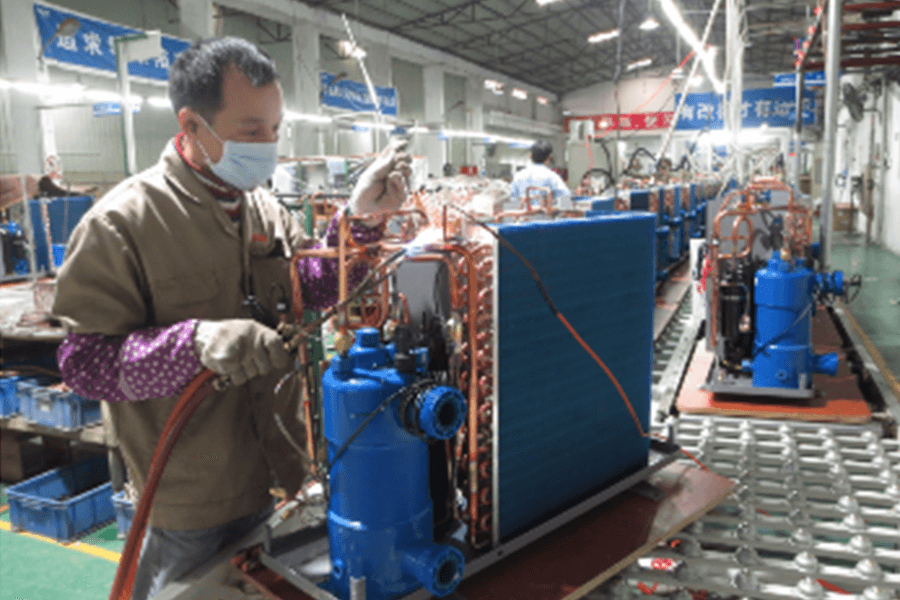 Skilled Workers and Advanced Production Process
Skilled Workers and Advanced Production Process Stable Cooperative Logistics
Stable Cooperative Logistics Team
Team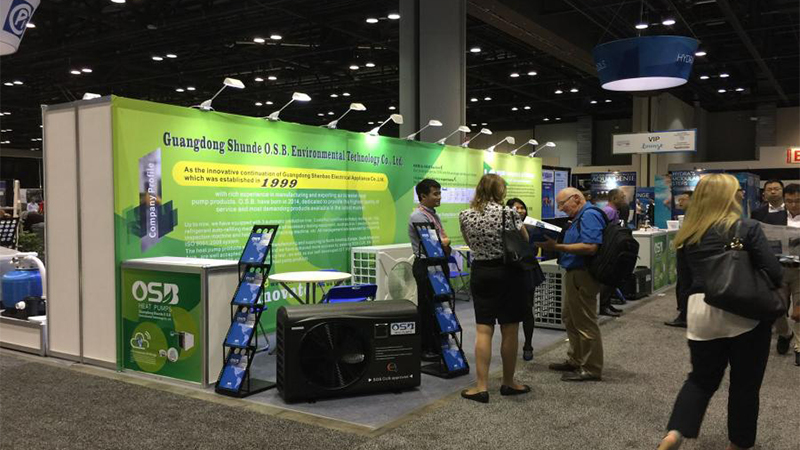 Exhibition
Exhibition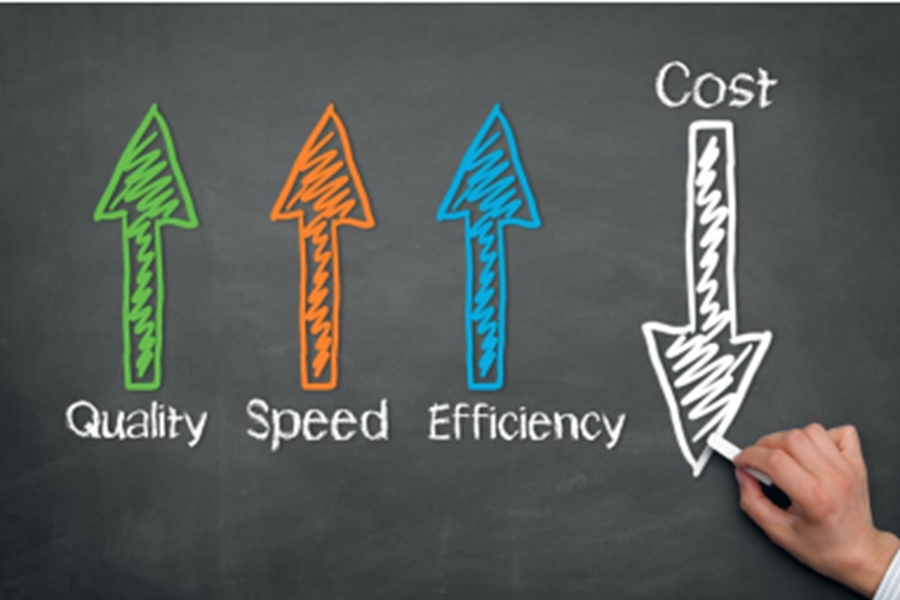 Advantages
Advantages Social Responsibility
Social Responsibility







